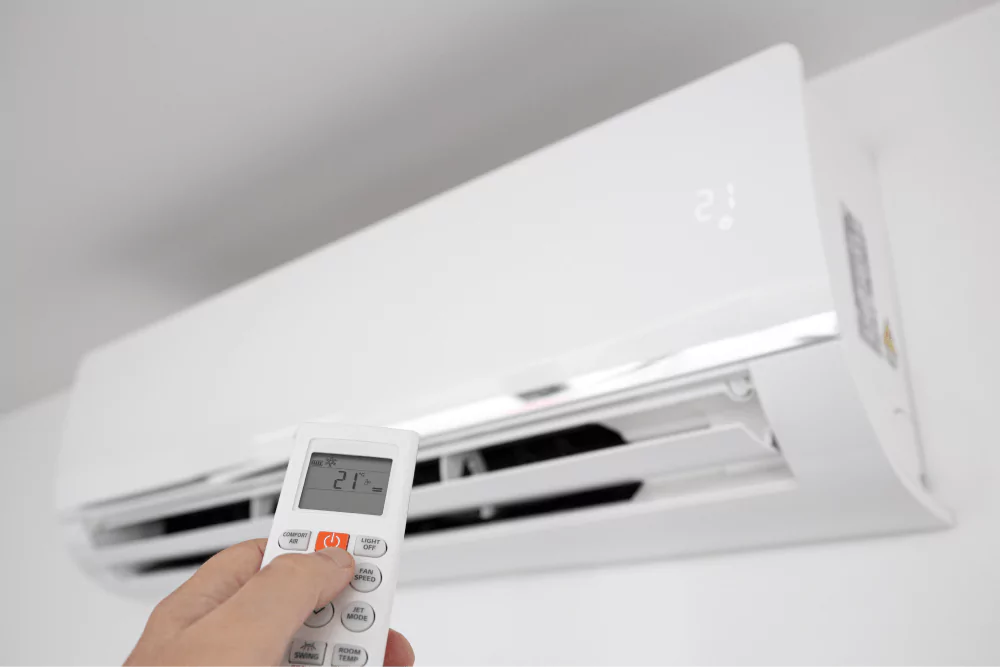
Energy efficiency is a crucial consideration for any business, especially in Florida, where HVAC systems often run year-round. Improving the energy efficiency of your commercial HVAC system can significantly reduce energy costs, lower your environmental impact, and ensure a comfortable environment for employees and customers. Here are several practical steps to boost the efficiency of your HVAC system.
Regular Maintenance
Routine maintenance is one of the easiest and most effective ways to keep your HVAC system running efficiently. Scheduled tune-ups ensure that components are working correctly and help identify issues before they lead to costly repairs or breakdowns. Tasks like cleaning coils, checking refrigerant levels, and replacing filters are small but important steps in maximizing energy efficiency.
Install Programmable Thermostats
A programmable thermostat allows you to automate your HVAC system’s operation based on the building’s occupancy. During non-working hours, temperatures can be adjusted to save energy. In Florida’s hot climate, cooling can be set to only operate when needed, reducing unnecessary usage and lowering costs.
Seal Ductwork
Leaky ducts can lead to significant energy loss, as conditioned air escapes before reaching its destination. This forces your HVAC system to work harder to maintain the desired temperature. Sealing and insulating ducts ensures that air reaches all areas of the building efficiently, reducing wasted energy.
Optimize Ventilation
Proper ventilation is critical in maintaining both air quality and system efficiency. Installing energy recovery ventilation (ERV) systems can help improve indoor air quality without taxing the HVAC system. ERVs capture the energy from exhausted air and use it to pre-condition the incoming air, reducing the energy load required for heating or cooling.
Upgrade to High-Efficiency Equipment
If your commercial HVAC system is outdated, upgrading to energy-efficient models can provide substantial long-term savings. High-efficiency HVAC systems use advanced technology to reduce energy consumption while maintaining optimal performance. Look for systems with ENERGY STAR® certification and high Seasonal Energy Efficiency Ratio (SEER) ratings to maximize savings.
Consider Zoning Systems
Zoning systems allow you to control temperatures in different areas of your building independently. This is especially useful for larger commercial spaces where different zones may have varying heating or cooling needs. Zoning can prevent the entire system from working overtime to cool or heat areas that aren’t in use, leading to more efficient energy consumption.
Use Smart Building Controls
Incorporating smart controls into your HVAC system enables real-time monitoring and adjustment of the system’s performance. These controls can detect inefficiencies, adjust system output based on occupancy, and provide detailed insights into energy usage patterns. Smart systems are particularly beneficial for commercial buildings with varying occupancy levels.
Replace Air Filters Regularly
Dirty air filters reduce airflow and force your HVAC system to work harder, resulting in higher energy consumption. Replacing filters regularly ensures that air moves freely through the system, improving both efficiency and indoor air quality. For commercial systems, it’s advisable to change filters every one to three months, depending on usage.
Conclusion
Improving the energy efficiency of your commercial HVAC system doesn’t just lower your energy bills; it also enhances the system’s lifespan and supports a healthier indoor environment. From regular maintenance to smart building controls, there are several strategies that can help you optimize your HVAC system. If you’re looking to upgrade or enhance the efficiency of your commercial HVAC system, reach out to a trusted HVAC professional in Florida for expert advice.